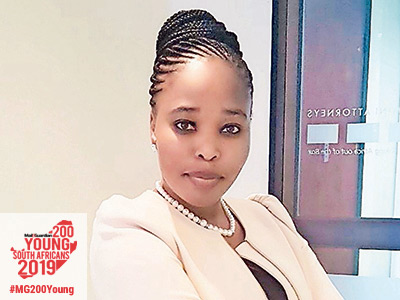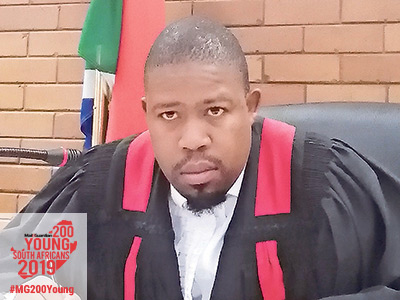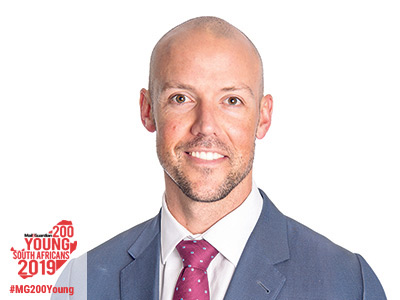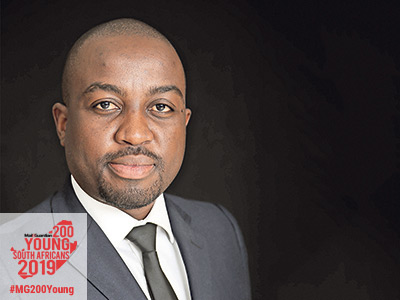The risks cybercrime pose to individuals, corporations, government and entire countries completely fascinates academic Eveshnie Reddy.
Economically harmful cybercrime and the criminogenic risks of cryptocurrencies are her speciality as a lecturer in the School of Criminal Justice, College of Law at the University of South Africa (Unisa).
Born and educated in KwaZulu-Natal, Reddy was appointed as director of research for the Association of Certified Compliance Professionals in Africa (ACCPA), where she led the annual research projects. A fierce orator on the do’s and don’ts of crypocurrency, she’s spoken about its risks at conferences in Kenya, Greece and the United States.
But Reddy is not a one track mind: She’s also a member of Unisa’s Women in Research project, which focuses on the role of women in criminal justice, and women who are involved with the Lekgotla La Batho project which looks at how customary law can be used in lieu of conventional judiciary processes.
Furthermore, she is currently pursuing doctoral studies in mercantile law with a thesis on the regulation of cryptocurrencies, as she believes technology has a great potential to assist the unbanked if it is supported by a bespoke financial regulatory framework.
She particularly enjoys the interdisciplinary aspect of research as it enables her to think across boundaries to devise innovative yet practical solutions to the issues she investigates.
“My current research areas – cybercrime, internet surveillance technologies and the regulation of crypto assets – requires me to delve into computer science, economics, law and criminology. Every research project is a new learning adventure,” she says.
The best way to safeguard against cybercrime, she explains, is to know what you’re getting into, yet people still reveal personal information too easily. It has become the norm for millions of people to share personal pictures and information on social media. This is extremely dangerous because hackers can use that information to locate individuals, which means that cybercrime has the potential to precipitate physical crimes such as human trafficking she warns.
Reddy has certainly chosen a field where she will never be able to declare that she knows everything there is to know, because cyber criminals are constantly evolving, giving her career built-in longevity.
“Beware of online investors who promise high returns of crypto assets over a relatively short period of time – these are actually Ponzi schemes and are on the rise in South Africa,” she adds. – Lesley Stones
LinkedIn: Eveshnie Reddy























